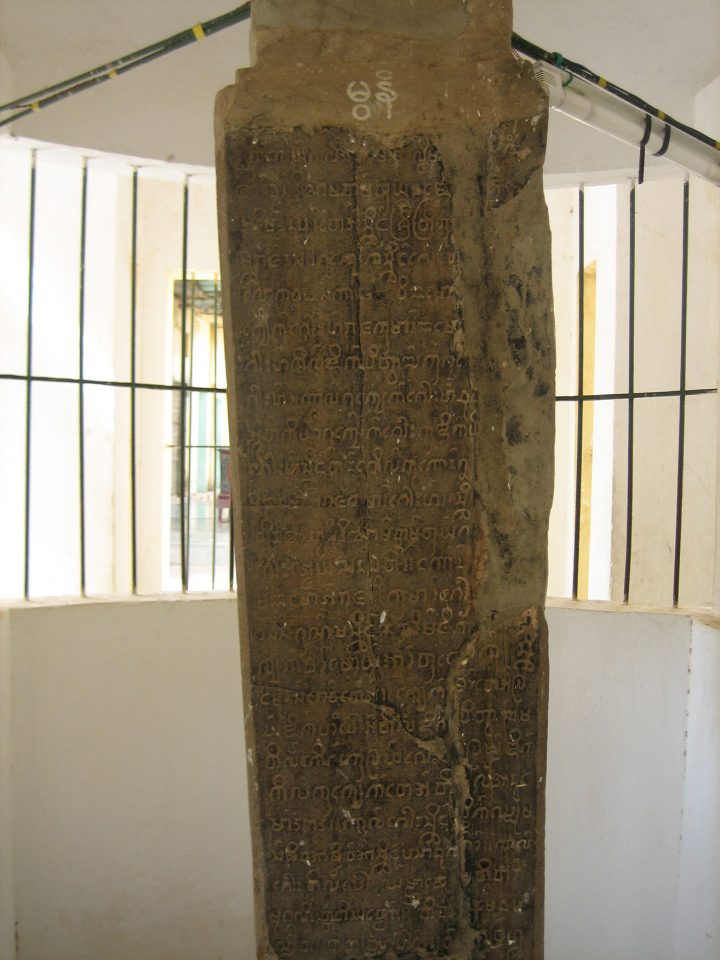By Zaw Tun
Our world today is undergoing the threat of the pandemic, struggling for survival against the second wave of COVID-19. In such critical times, reaching out for the latest information is getting more important than ever. For this purpose, translators, as well as language professionals, are in charge of conveying the messages to all over the world despite the problems of the language gap among nations. Naturally, this year’s motto for the International Translation Day, which falls on 30 September, is: “Finding the words for a world in crisis”. In this IT Age, information is of crucial importance, and it is the translators’ responsibility that the latest information from any corner of the world should be shared, with no delay, among our fellow members since “All the world’s a stage” no more but the World is now the global village.
To begin with, the International Translation Day, which has already been “officially recognized by the General Assembly of the UN in Resolution 71/288”, is celebrated every year in honour of St. Jerome (c. 347-30 September 420), for his laudable endeavour of translating the major portions of the New Testament from Greek into Latin. Since 2005, the UN St. Jerome Contest in seven languages of the world is held to highlight the important role of translators. Its objectives are: “to celebrate multilingualism within the United Nations and highlight the important role that language professionals play in the multilateral system.” Translators and language professionals are often credited for being ambassadors getting the nations together, not only for information exchange, but also for negotiations for peace and security of the world.
In fact, Myanmar people have not been estranged with the art of translation, as can be observed in the Myazedi Stone Inscription (AD 1113) of Bagan, a four-sided inscription of Prince Rajakuma’s donation recorded in four languages. The Burmese Translation Society, established on 26 August 1947, had also made contributions towards the development of translation with the aim of “introducing world culture, literature and education to the Myanmar public”. In 1952, the genre in translation from English to Myanmar (Charles Dickens’ Great Expectations) was first awarded. In 1963, the Burmese Translation Society later assumed a new name: Sarpay Beikman. It has since then been presenting awards not only in translation but also in other categories. Paper reading sessions on promoting the role of translation from Myanmar into English were also held in Yangon under the auspice of the Ministry of Information on 2-3 November 2019. In the present scenario of Myanmar literature, thanks to the Myanmar professional translators, the readers have access into literature in other foreign languages. However, it must be pointed out that translations from English and other languages into Myanmar probably find more audiences than translations into a foreign language like English.
We are not born professional translators. It demands exacting pressures and time and dedicated efforts on the part of those aspiring to be professional ones. It is time measures were taken for training our younger generations to be professional translators, interpreters and language professionals.
GNLM



